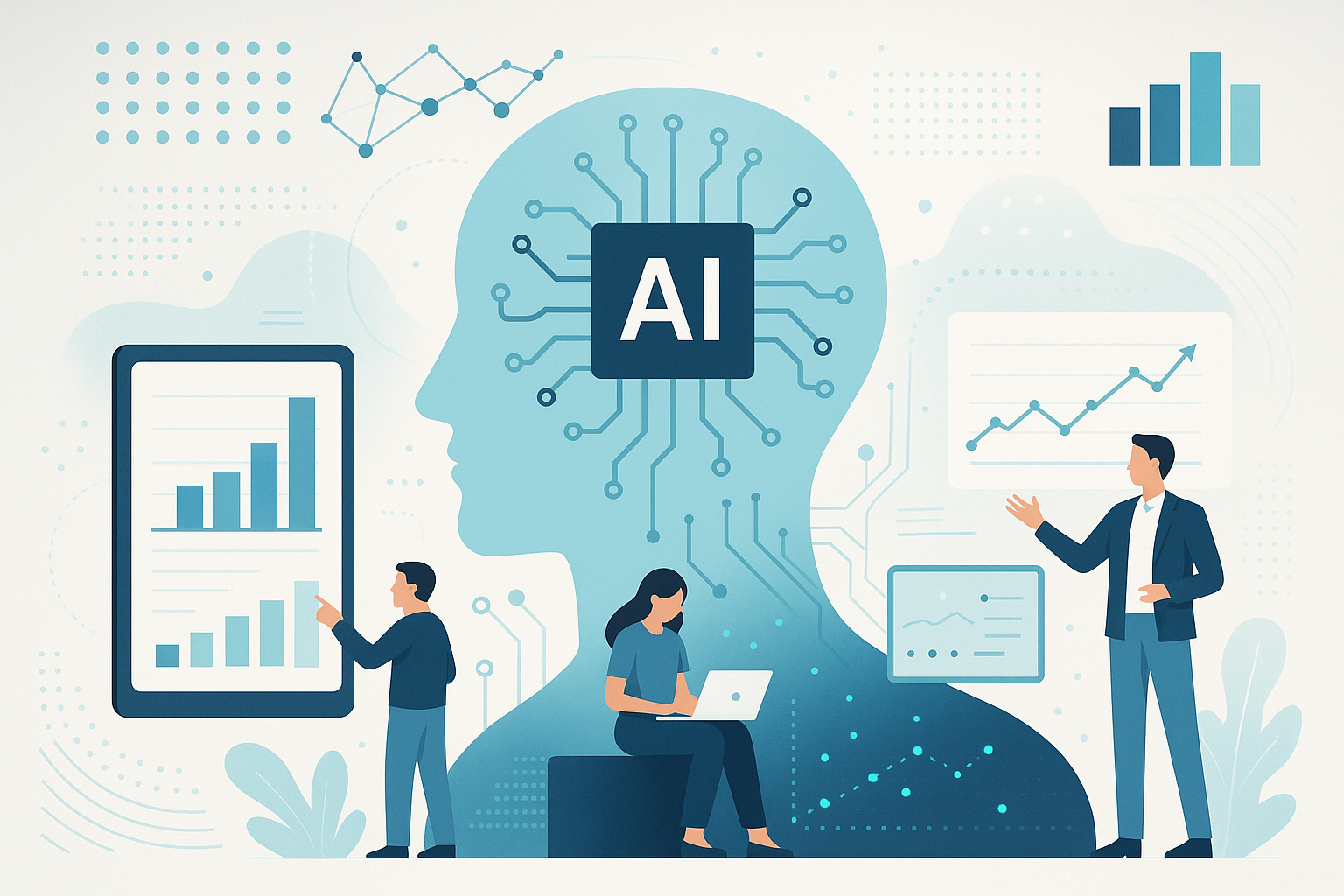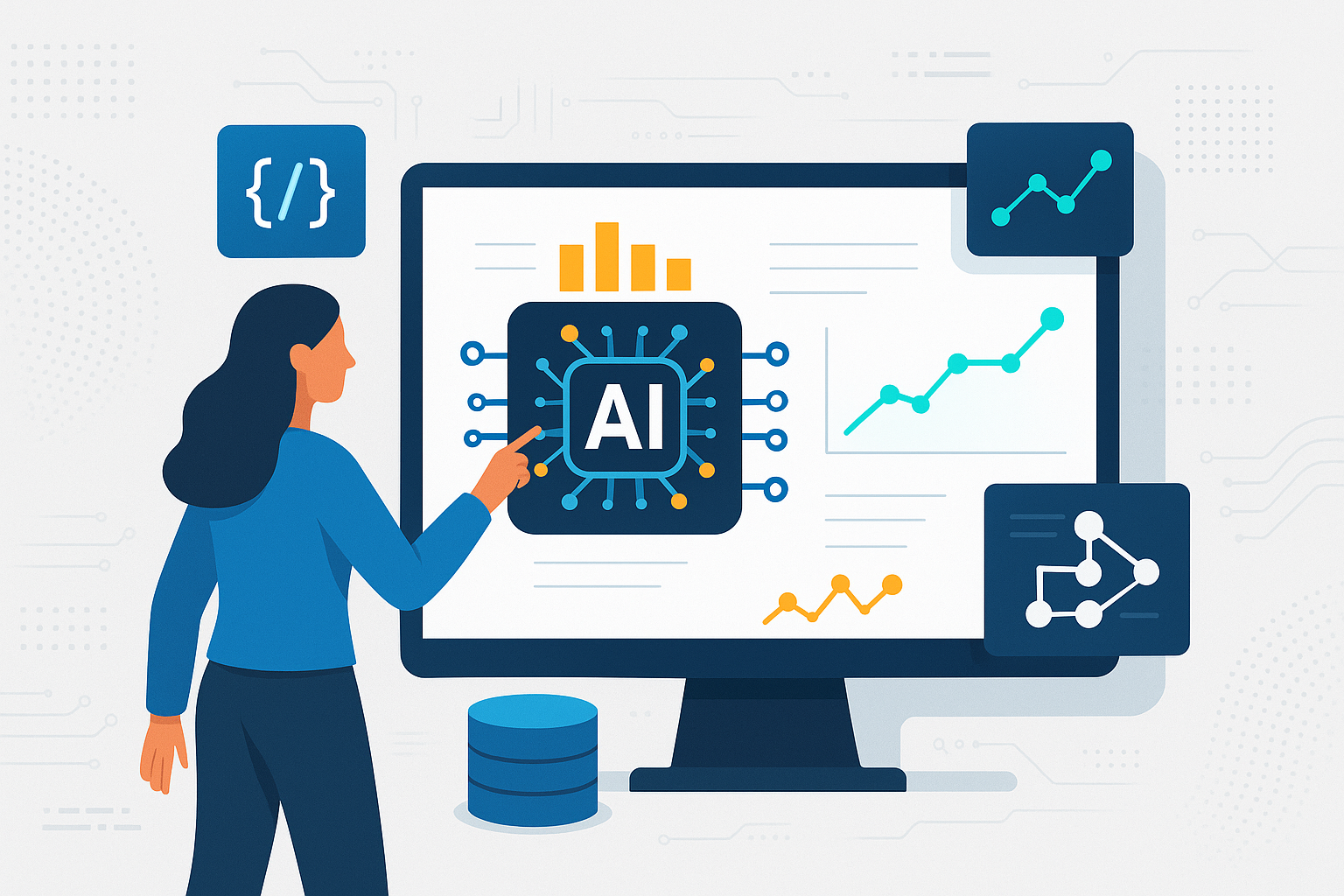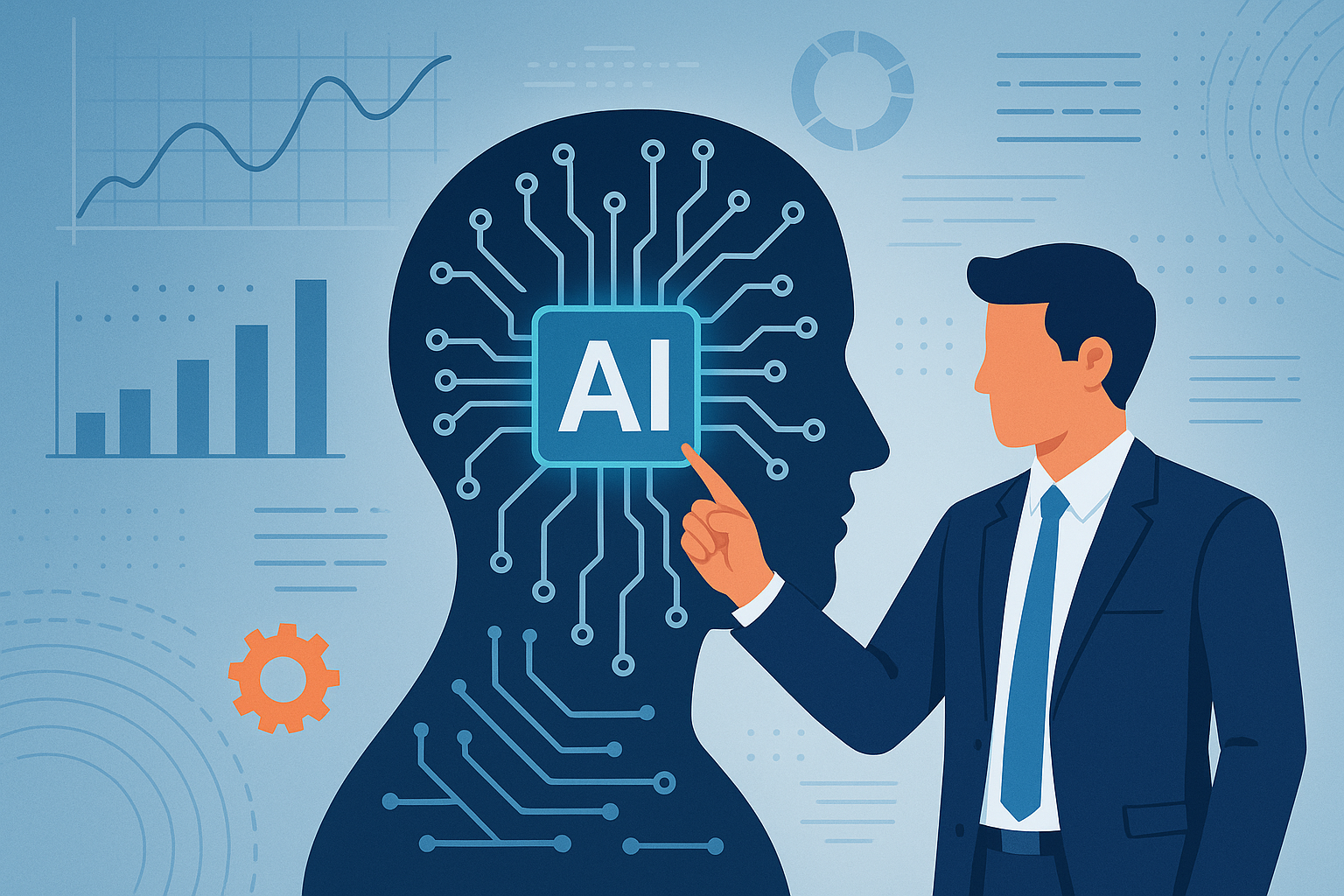As we approach 2025, AI and machine learning are set to redefine business landscapes, offering unprecedented opportunities for automation, predictive analytics, and enhanced customer interactions. However, the challenge lies in effective integration. With Gartner predicting that by 2025, over 50% of enterprises will have integrated AI across their business processes, the pressure to adopt is mounting. This article delves into the best practices for AI integration, providing a roadmap for businesses to leverage these technologies for maximum impact.
Understanding AI Integration: The Current Landscape

AI integration is no longer a futuristic concept but a pressing necessity. With industries like finance and healthcare already seeing a 15% increase in efficiency through AI, understanding its landscape is crucial. Successful integration starts with identifying business needs and aligning them with AI capabilities.


